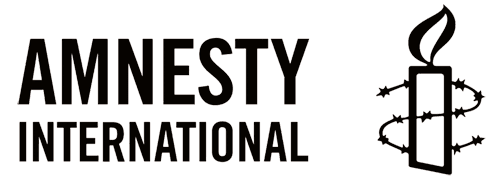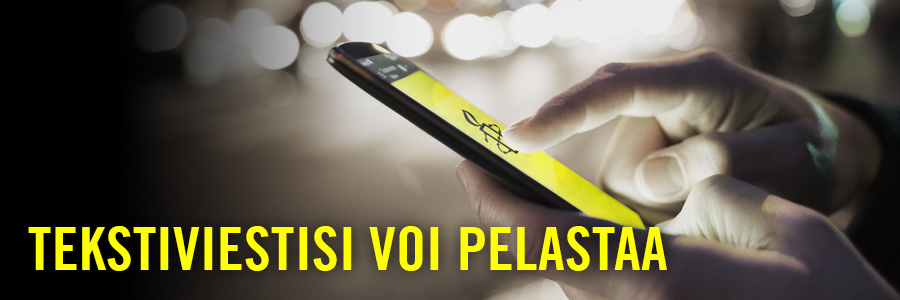Kirje ja vaatimukset vetoomuksen vastaanottajalle
Tatyana Moskalkova
Human Rights Commissioner
Smolensky Boulevard, 19с2
119121 Moscow
Russian Federation
Email: Moskalkova@ombudsmanrf.ru
A.Ovchinnikova@rightsrf.ru
A.Scherbakova@rightsrf.ru
Dear Human Rights Commissioner,
I am drawing your attention to the situation of human rights activist Tofik Abdulgaziev, imprisoned in LPU-3 in Chelyabinsk oblast, after being convicted in an unfair trial by a military court, under politically motivated charges.
On 6 May 2024, an independent health professional analyzed the results of the official penitentiary medical examination of Tofik Abdulgaziev and concluded that he suffers from tuberculosis, bilateral pneumonia, chronic heart failure and other serious illnesses included in the list of “Serious illnesses preventing incarceration” according to the Resolution 54 of Russian Government as of 2 February 2004. Russian law provides for courts to grant release of prisoners suffering from them.
On 6 August 2024, Metalurgichesky District Court of Chelyabinsk denied the release of Tofik Abdulgaziev on
health grounds.
Death in custody resulting from the deliberate denial of adequate health care amounts to arbitrary deprivation of life, which is a grave violation of international human rights law. Tofik Abdulgaziev must be released immediately on health grounds and allowed transfer to a medical facility of his choice to receive all the treatment and health care he requires.
I urge you take all steps within your authority to ensure that Tofik Abdulgaziev is released immediately on health grounds, is urgently provided with the health care he requires, and all those responsible for the conditions of his detention and denial of medical care are held accountable.
Taustatietoa
Tofik Abdulgaziev is a member of a grassroot group Crimean Solidarity. Prior to his arrest in March 2019, he was organizing events for children of Crimean Tatars imprisoned on politically motivated charges. He was sending food parcels to Crimean Tatar prisoners in the pre-trial detention centres, visited courts hearings on politically motivated cases, came to support other Crimean Tatars during searches of their homes.
Tofik Abdulgaziev was among more than 20 Crimean Tatar activists arbitrarily arrested on 27 March 2019. Abdulgaziev was charged with participation in a terrorist organization (Article 205.5(2) of the Russian Criminal Code) and preparation for a violent seizure of power (Article 278). Russian authorities accused him of membership in Hizb ut-Tahrir, which they had arbitrarily designated a “terrorist organization”. The Southern District Military Court of Rostov-on-Don sentenced Tofik Abdulgaziev to 12 years’ imprisonment in May 2022.
In May 2023, a court upheld the sentence, and the Russian authorities sent Tofik Abdulgaziev to serve his sentence in a prison in Verkhneuralsk (a city about 2,000 km from his native Crimea). In March 2024, he was transferred in critical condition to a prison hospital in Chelyabinsk where he has reportedly been diagnosed with tuberculosis, pneumonia and other serious health conditions. He remained in the hospital at the time of writing. On 6 August, a court in Russia denied Tofik Abdulgaziev’s release on health grounds.
Crimean Solidarity was created in 2016 in response to the Russian authorities’ political and religious persecution of Crimean Tatars in the occupied Crimea. The group brings together activists, lawyers and the relatives of those who have been arrested and prosecuted, to ensure they can access legal aid, financial, medical and other vital support. The group also seeks to raise awareness about ongoing human rights violations in Crimea. Several prominent members of the Crimean Solidarity have been imprisoned on trumped-up charges.
Crimean Tatars are an Indigenous people of Crimea who made up an estimated 12 percent of the peninsula’s population before its occupation and illegal annexation by Russia in 2014. Many prominent members of the Crimean Tatar community have been among the most vocal critics of Russian discriminatory policies on freedom of religion and belief. The Russian de facto authorities have regarded the entire community as disloyal and targeted it with reprisals. People speaking up about human rights violations committed in Crimea since 2014 have faced persecution, including enforced disappearances, harassment, intimidation, arbitrary arrest, torture and other ill-treatment, and prosecution and long-term imprisonment following unfair trials on politically motivated charges.


